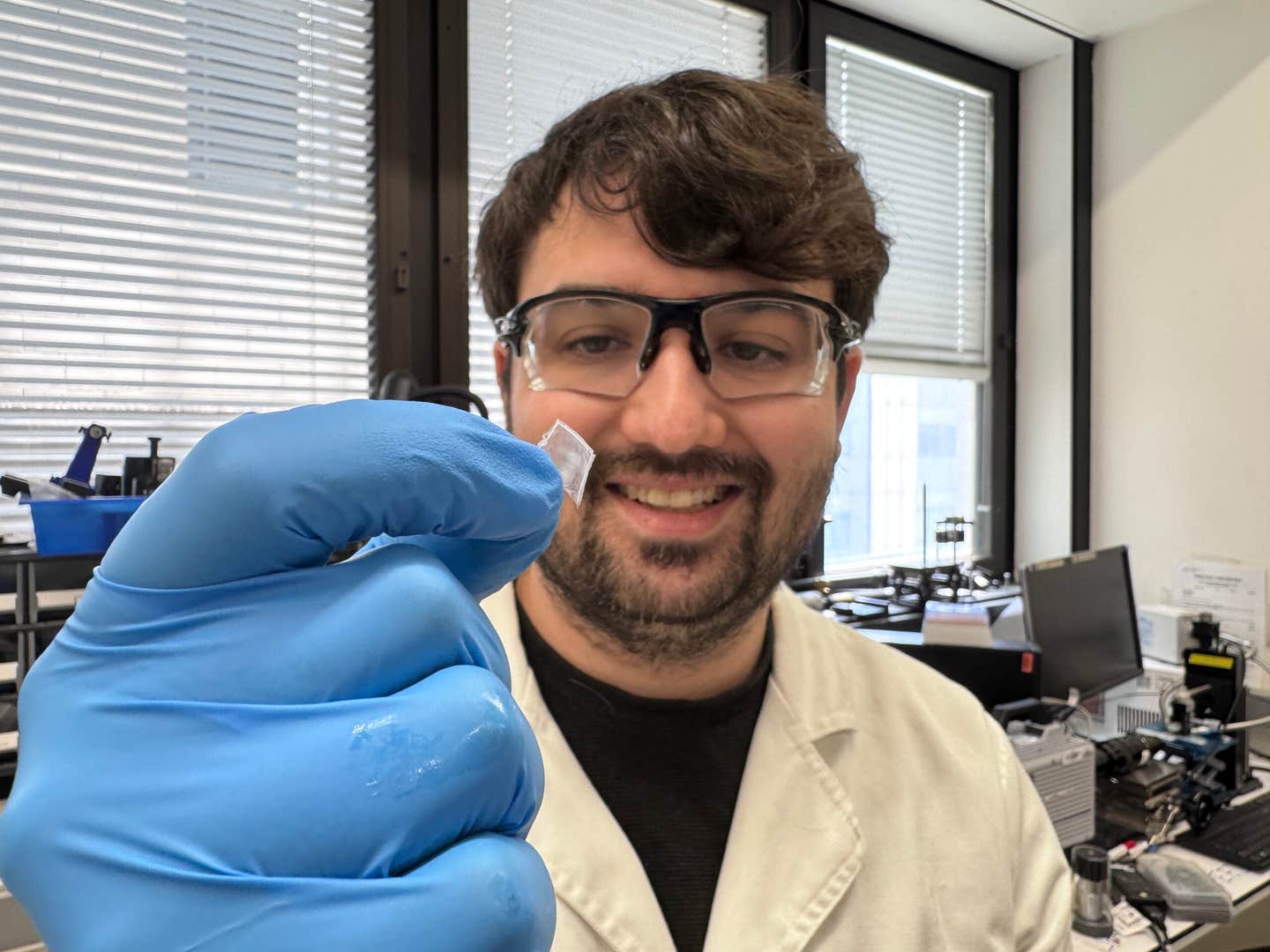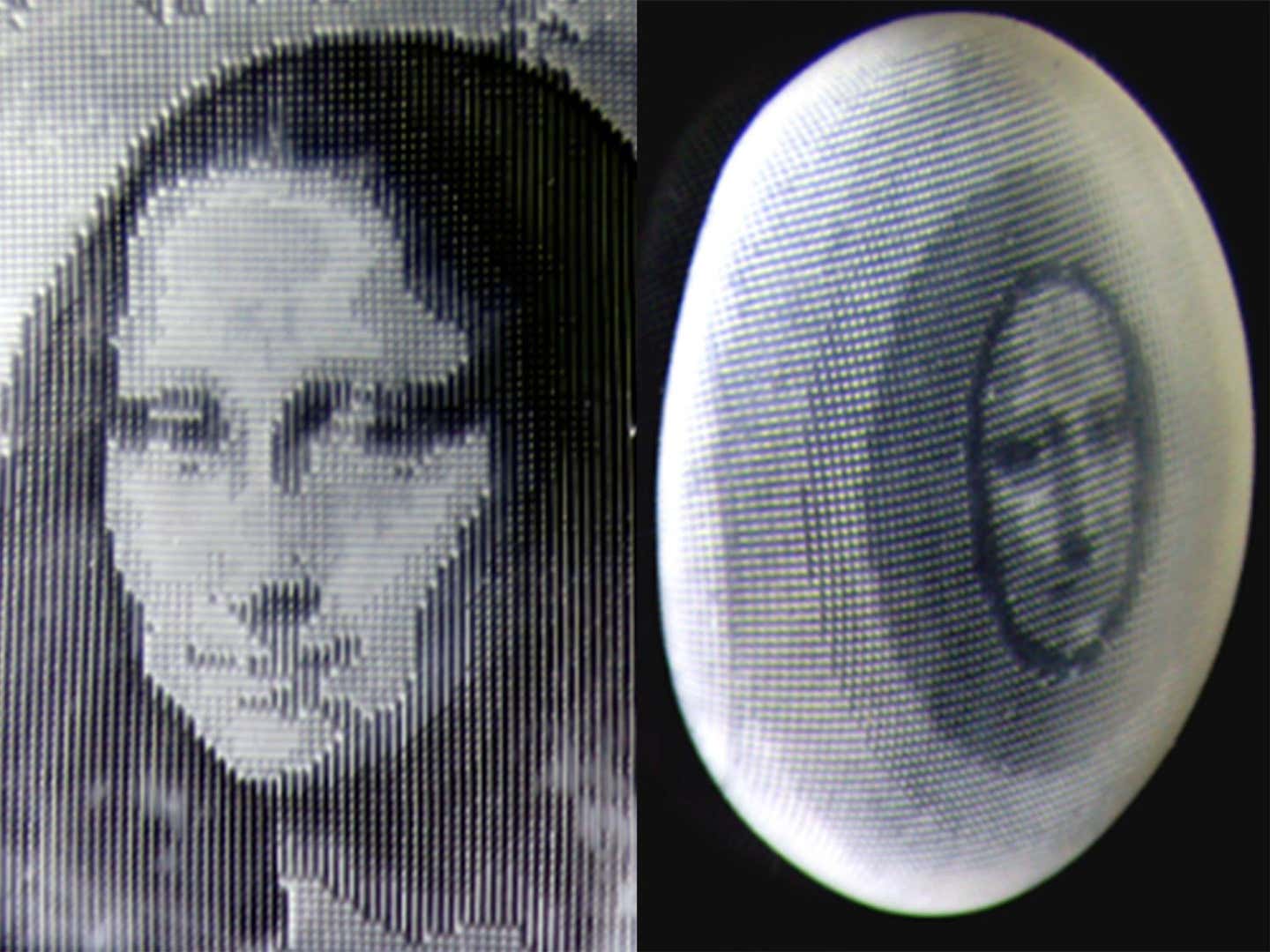Drinking milk could reduce your risk of type 2 diabetes
Researchers have shed light on the connection between genetics, milk consumption, and the risk of developing type 2 diabetes.

A recent study conducted by a team of medical researchers from various institutions in the United States and China has shed light on the connection between genetics, milk consumption, and the risk of developing type 2 diabetes.
Published in the journal Nature Metabolism, the study employed a genome-wide association study (GWAS) to explore the relationship between milk intake and the likelihood of developing type 2 diabetes.
Sheridan Littleton and Struan Grant, affiliated with the Children's Hospital of Philadelphia, provided additional insights on this research in a News & Views piece within the same journal issue.
Previous research on the link between consuming cow's milk and the risk of type 2 diabetes has yielded conflicting results, with some studies showing an association while others found little or no connection.
Recognizing this disparity, the research team hypothesized that genetic factors might contribute to the variability in these findings.
To investigate this hypothesis, the team conducted a GWAS using tissue samples from approximately 12,000 Hispanic adults enrolled in the Hispanic Community Health Study/Study of Latinos. Their objective was to identify single nucleotide polymorphisms (SNPs) associated with milk consumption.
Related Stories
Using dietary intake estimates provided by the National Cancer Institute, the researchers discovered a correlation between individuals possessing a specific genetic variant responsible for encoding the enzyme lactase, which aids in breaking down milk sugars.
Lactase production typically decreases in adulthood, leading to lactose intolerance in some individuals, referred to as lactase non-persistence (LNP). This disparity stems from genetic differences, particularly variations in the LCT gene.
The study revealed that LNP individuals who regularly consume milk experience a 30% reduction in the risk of developing type 2 diabetes, whereas no risk reduction was observed in individuals who consume milk regularly but lack the genetic variant.
In an effort to validate their findings, the researchers replicated their analysis using data from the UK Biobank, yielding consistent results. Consequently, the team suggests that their findings offer an explanation for the inconsistencies observed in previous studies examining the association between milk consumption and type 2 diabetes risk.
The study's findings underscore the complex interplay between genetics and dietary habits in influencing disease susceptibility.
By revealing the role of specific genetic variants in modulating the relationship between milk consumption and type 2 diabetes risk, this research provides valuable insights into personalized approaches to disease prevention and management.
Moreover, these findings hold implications for public health strategies aimed at mitigating the burden of type 2 diabetes, particularly among populations with diverse genetic backgrounds. Understanding individual genetic predispositions can inform targeted interventions and dietary recommendations tailored to each person's unique genetic profile.
The study highlights the importance of considering genetic factors when investigating the impact of dietary habits on disease risk.
By unraveling the genetic basis of dietary responses, researchers can advance precision medicine initiatives and enhance preventive measures against chronic conditions such as type 2 diabetes.
For more science and technology news stories check out our New Discoveries section at The Brighter Side of News.
Note: Materials provided above by The Brighter Side of News. Content may be edited for style and length.
Like these kind of feel good stories? Get the Brighter Side of News' newsletter.



